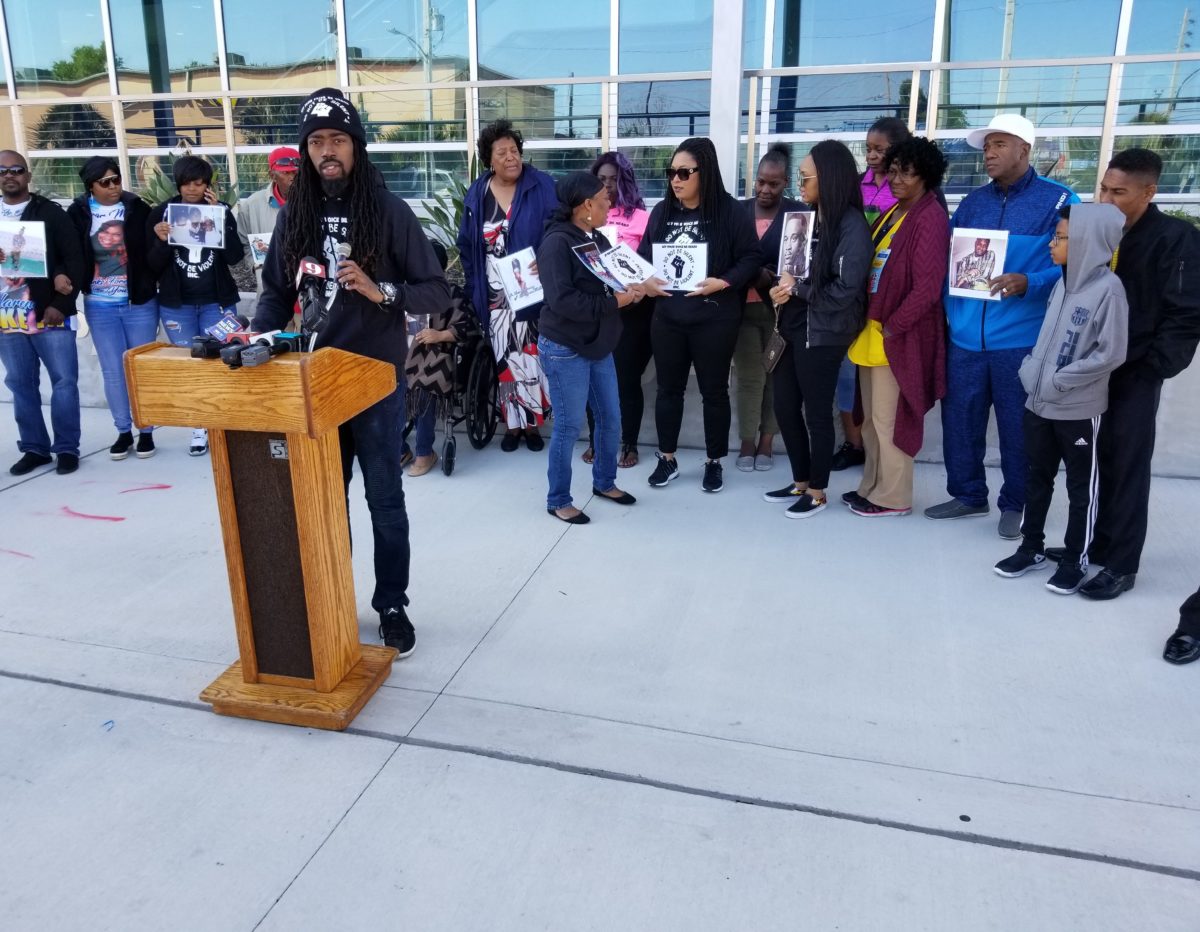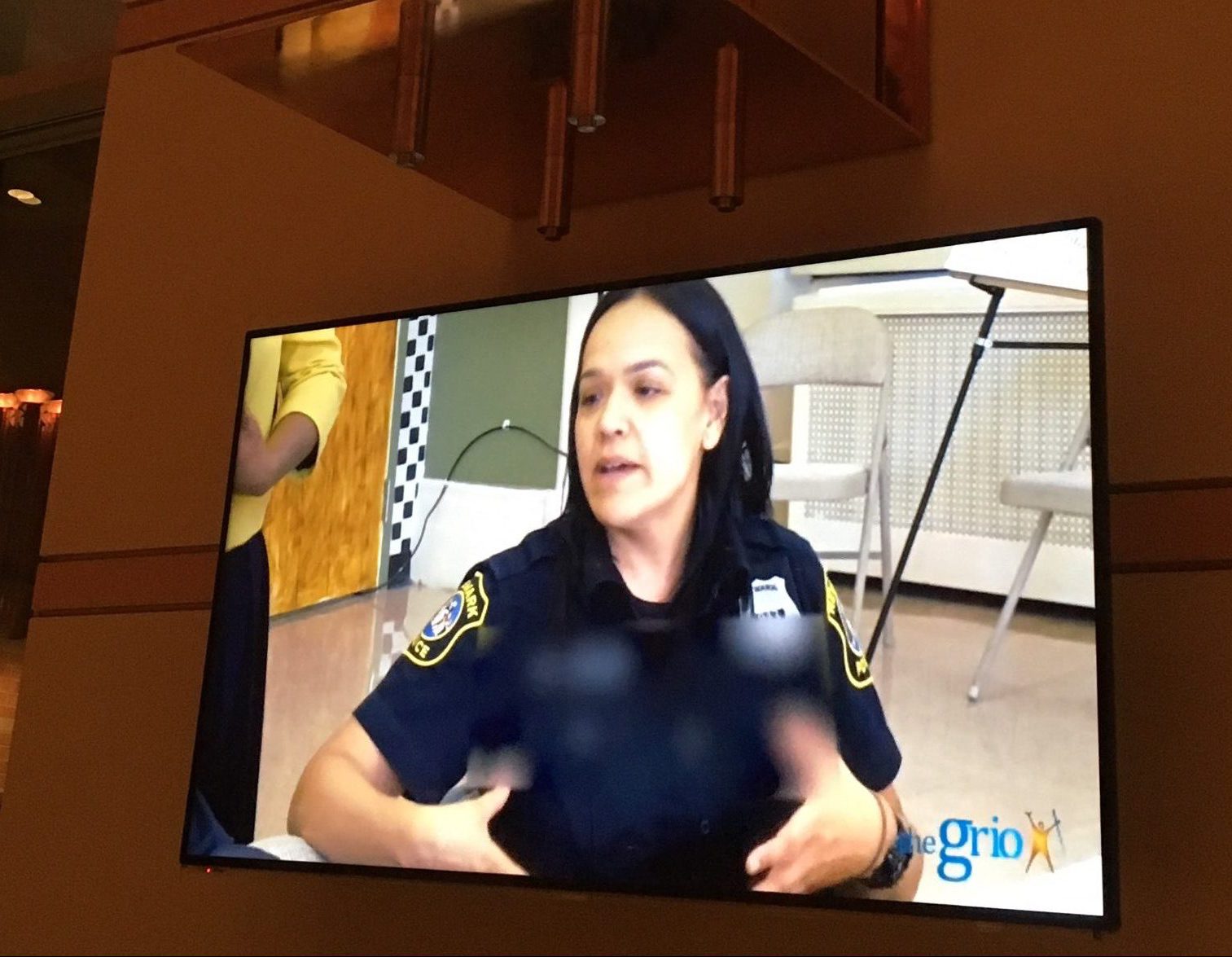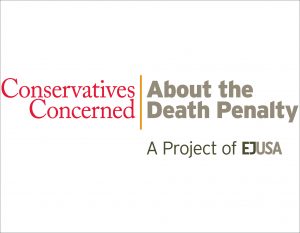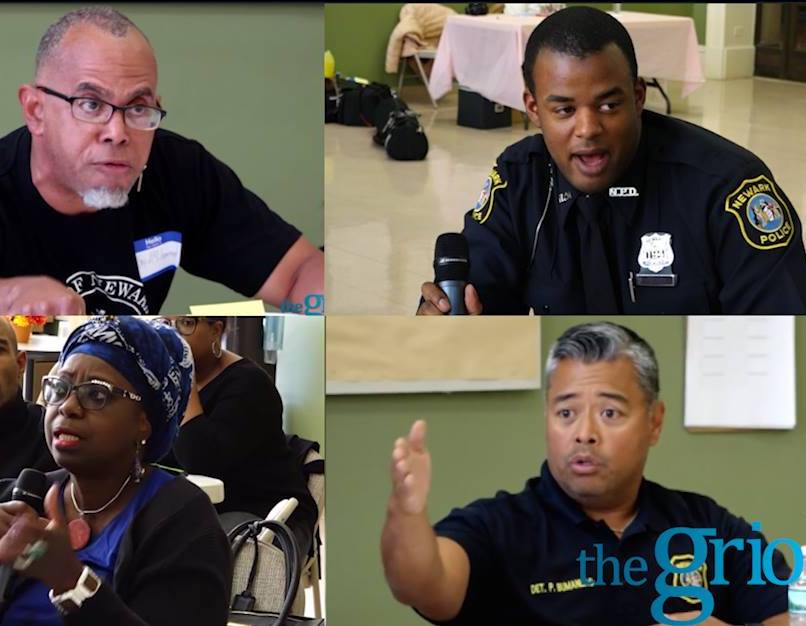
While Florida considers expanded rights for crime victims, local murder victims’ families are expressing their dismay that the voices of local victims are too-often ignored and that current resources and agencies aren’t sufficiently meeting the needs of many victims of color.
Over a dozen murder victims’ families held a news conference Thursday morning in front of the Orlando Police headquarters. Those participating are members of local victims’ support groups, including Let Your Voice Be Heard Inc., Beautiful Safe Beginnings, and Men of Purpose.
Thursday’s speakers included the parents and children of individuals murdered in the Orlando area. They asked the Orlando Police Department for an official meeting to hear about victims’ and surviving families’ needs in the wake of violence, to express concerns about how the Orlando Police Department has interacted with communities of color, and to work toward better communication going forward.
“When we talk about helping victims, we do a great injustice to many if we focus exclusively on their experiences with the offender and the criminal justice system,” said Miles Mulrain, one of the organizers of Thursday’s event. “The reality is that victims have many needs independent of the offender and the courts. Those needs are almost never addressed. These include access to resources like counseling for traumatized families and communication and transparency with local police departments.”
EJUSA Executive Director Shari Silberstein says the frustrations of these Orlando victims is heard across the country. “The unfortunate reality for too many murder victims’ families, especially in communities of color, is that they don’t have access to agencies, information, and resources needed to help them heal.”



